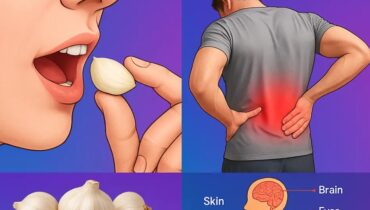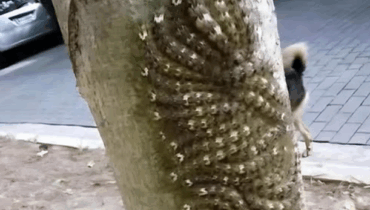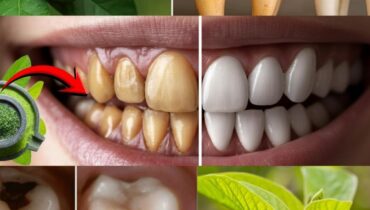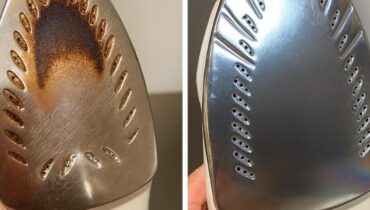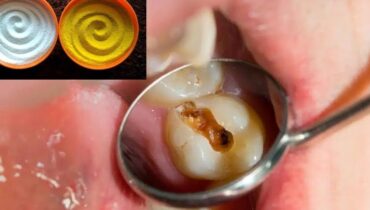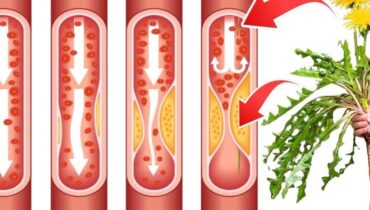📌 Chin Whiskers in Women: Causes, Health Effects & Best Solutions Revealed

Posted 28 August 2025 by: Admin
Facial hair, especially chin whiskers, is a subject many women feel embarrassed to talk about — yet it’s more common than most realize. Whether light and fine or coarse and dark, chin hair growth is often tied to hormones, genetics, or health conditions. Here’s everything you need to know.
Chin whiskers in women, often a source of concern, are far more common than people think. These hairs vary in texture and color, from light and fine to coarse and dark. Some women may notice only a few strands, while others experience more visible growth. Understanding the causes behind chin whiskers is key to managing them effectively. They’re a normal part of life influenced by hormones, genetics, and medical conditions.
The Science Behind Chin Hair Growth
Like all body hair, chin whiskers follow the natural growth cycle: anagen (growth), catagen (transition), and telogen (resting). Androgens — hormones like testosterone — are critical in stimulating hair growth. Women naturally produce androgens, but imbalances or heightened sensitivity can trigger more noticeable facial hair. Genetic factors also determine follicle density and distribution, shaping how much hair appears on the chin.
Hormonal Factors Contributing to Chin Whiskers
Hormonal fluctuations are one of the leading causes. PCOS (polycystic ovary syndrome) often results in elevated androgen levels, leading to hirsutism — excess hair growth in male-pattern areas. Menopause can also cause chin whiskers due to lower estrogen, shifting the hormonal balance. **Even birth control pills or medications affecting hormones may influence facial hair.**
Genetic Predispositions and Family History
Family history is a strong predictor. If your mother or grandmother had chin whiskers, you may inherit the same tendency. Ethnicity also plays a role, with women of Mediterranean, Middle Eastern, and South Asian descent more prone to facial hair. **Recognizing genetic patterns helps set realistic expectations.**
Medical Conditions Linked to Excessive Facial Hair
Conditions such as PCOS, adrenal disorders, Cushing’s syndrome, hypothyroidism, or certain tumors can trigger abnormal androgen levels. Women noticing sudden or excessive growth should consult a doctor to rule out serious causes. **Medical evaluation ensures proper treatment and peace of mind.**
Top 10 Effects of Chin Whiskers on Women’s Health and Well-being
1. Self-consciousness and embarrassment 2. Anxiety and stress about appearance 3. Time and cost of constant removal 4. Skin irritation from repeated treatments 5. Impact on social interactions 6. Lower self-esteem and body image struggles 7. Obsessive checking and plucking 8. Avoidance of social situations 9. Fear of hidden health issues 10. Risk of depression or anxiety disorders
Psychological Impact and Self-esteem Concerns
Chin whiskers can deeply affect confidence. Many women report embarrassment, leading to **anxiety, isolation, or avoidance of social settings.** Pressure to meet unrealistic beauty standards worsens these feelings, making emotional support and self-compassion essential.
Social Perceptions and Cultural Influences
Societal norms strongly influence how women view facial hair. In many cultures, smooth skin equals femininity, while facial hair brings stigma. Media images often amplify these ideals, but **body positivity movements are slowly shifting perceptions toward acceptance.**
Effective Hair Removal Techniques and Options
For illustrative purposes only.
Options include temporary solutions like plucking, waxing, shaving, or creams. Longer-term methods include laser hair removal and electrolysis, both of which target follicles directly. Prescription creams such as eflornithine can slow growth. Choosing the right method depends on skin type, budget, and lifestyle. Consulting a dermatologist is advised for sensitive skin.
When to Consult a Healthcare Professional
If chin hair growth is sudden or accompanied by symptoms like acne, weight gain, or irregular periods, see a doctor. Blood tests and imaging can identify hormonal imbalances or conditions like PCOS. **Early medical care prevents complications and improves quality of life.**
Healthy lifestyle adjustments may help. Maintaining a stable weight supports hormonal balance, especially in women with PCOS. Diets rich in vegetables, whole grains, and fruits encourage better health. **Natural aids like spearmint tea may reduce androgen effects,** while stress management techniques such as yoga or meditation support hormone stability.

